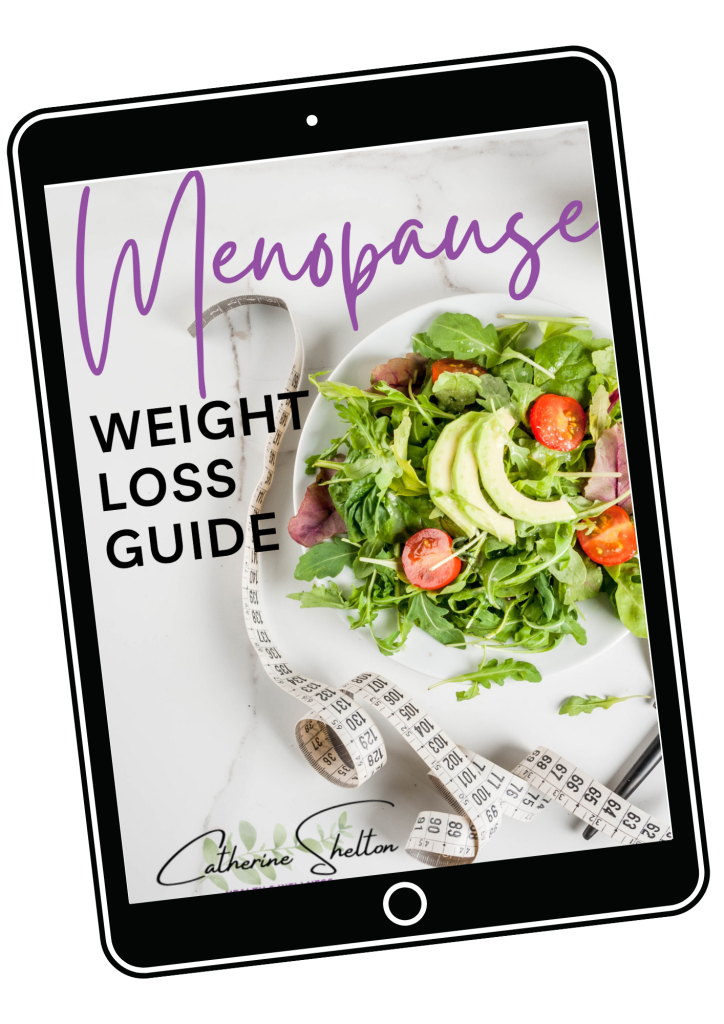What is Insulin?
Its primary job is to help regulate blood glucose levels.
It’s made by the pancreas and is made in response to any food that makes our blood sugar levels rise (and recent studies have shown that even some artificial sweeteners might do that too). You see, when blood glucose levels start to become elevated, you run the risk of damaging the lining of your blood vessels, which can lead to other conditions such as heart disease. So the body will do its best to keep your blood glucose levels within a certain range. If they’re consistently over this range, that’s when you run the risk of developing Type 2 Diabetes.
What does Insulin do exactly?
Well, it takes the glucose out of your blood and stores it elsewhere. The first place it stores it is in your liver and muscle cells in the form of ‘glycogen’. But your muscles and liver only have a certain amount of storage space, so once they’re filled up then the insulin stores the rest in your fat cells. Our fat cells can grow indefinitely.
So, when it comes down to it, insulin is basically a fat-storage hormone.
How Can I Reduce my Need for Insulin?
So the first thing to look at, obviously, is how to reduce our blood glucose levels in the first place so that so much insulin doesn’t need to come in and store it away in our fat cells.
What Increases Glucose in the Blood?
Well, obviously, sugar. But also, more widely, carbohydrates, such as bread, flour and starchy vegetables such as potatoes.
But something else that increases our blood glucose levels is…. adrenaline.
What? Isn’t Adrenaline Part of our Stress Response?
Yes. Adrenaline kicks in when your body senses you’re in some kind of danger. Historically, that might have meant you needing to run away from a wild animal or a hostile tribe. So you’re going to need extra energy diverted into your system to help you run fast. Adrenaline will release that stored glycogen from the liver and the muscles back into your bloodstream to help you. However, nowadays, it’s very unlikely that we’re actually trying to run away from a tiger or a spear-throwing warrior. It’s much more likely that our adrenaline is due to high levels of stress or even from caffeine. So we don’t actually need all that extra sugar in our blood. And what often happens? Insulin kicks in and stores it away in our fat cells. And this is one of the reasons why for many people, chronic stress can actually cause you to gain weight, even if your eating and exercise levels haven’t changed.
While we’re talking about adrenaline, we also need to mention that other stress hormone – cortisol. Cortisol levels tend to be elevated when stress continues for a long time, and elevated cortisol can also hinder insulin from doing its job properly.
So, Three Things to Watch Out For:
- Our intake of sugars in the form of processed sugar, simple carbs and starches.
- Our stress levels, both short-term and long-term.
- Maintaining good muscle mass so insulin can continue to store glucose in our muscle cells.
But Why Do I Need to Think About This Now?
If you’re in perimenopause or menopause, you’re at greater risk of becoming insulin resistant, even if you’re not aware of it. That’s because, as oestrogen levels start to fall, our cells become less sensitive to insulin and don’t allow it to do its job as well, which means we can get raised blood sugar levels and increased fat storage. It’s one of the reasons why so many women find themselves putting on extra pounds during menopause even if their diet and exercise routines haven’t changed.
Our fat cells also produce a type of oestrogen, so there is some evidence that gaining a bit of extra weight may be the body’s insurance policy as the oestrogen levels from our ovaries start to wane. You might think that’s a good thing, then, but actually, having too much extra fat on your body can mean there’s too much oestrogen knocking around in relation to your progesterone levels, and oestrogen dominance is a whole other issue to talk about in a future blog post! So, ideally, we should try to not let the fat gain get out of hand.
It’s useful to note that there could be other issues at play here, including problems with thyroid function, inflammation and toxins, so it’s always worth getting things checked out with your doctor if you have concerns.
Problems with insulin can also exacerbate other perimenopausal symptoms you may be experiencing, such as hot flushes (flashes) and night sweats.
How Do I Know If I’m Becoming Insulin Resistant?
Although you may not realise you’re on the path towards insulin resistance at first, here are some common symptoms to watch out for:
- Fat gain, especially around the middle
- Brain fog
- Fatigue
- Hunger, especially for sweet or high-carb foods
- Excessive thirst
- Frequent urination
- Acne breakouts
- Hair loss
- Headaches
What Other Things Can I Do To Help?
As well as the three points listed above, it’s a great idea to check you’re getting enough helpful vitamins and nutrients in your diet, ideally from whole foods, but also from supplements when needed. These include potassium, magnesium, B12 and other B vitamins, healthy fats and fibre. Also, be sure to eat some protein with every meal and snack (though not too much animal protein) as this helps reduce the sugar impact on your blood glucose levels from your food. You might want to cut back on alcohol and caffeine as much as possible, and also prioritise sleep, as chronic sleep deprivation can increase your risk of insulin resistance.
If you’re concerned about your blood sugar levels or other perimenopausal symptoms, it’s important you always check with your doctor. However, there are a lot of simple steps you can take by modifying your diet and lifestyle which can have a hugely beneficial effect on your overall health and energy levels, as well as help ease your symptoms. If you’re interested to find out more, jump on a free, 30-minute discovery call with me, I’d love to hear from you.
Disclaimer: This information is for educational purposes only and does not replace advice given by your primary care provider. Please see your doctor if you’re considering making substantial changes to your diet and lifestyle.

GRAB YOUR FREE MENOPAUSE WEIGHT LOSS GUIDE!
Are you finding the pounds are gradually creeping on? Are you frustrated because the usual trick of ‘eat less, move more’ just isn’t working anymore?
In this guide, I explain why women often gain weight in perimenopause, and I give you 3 simple tips so you can start to turn that around right away!








Leave a Comment